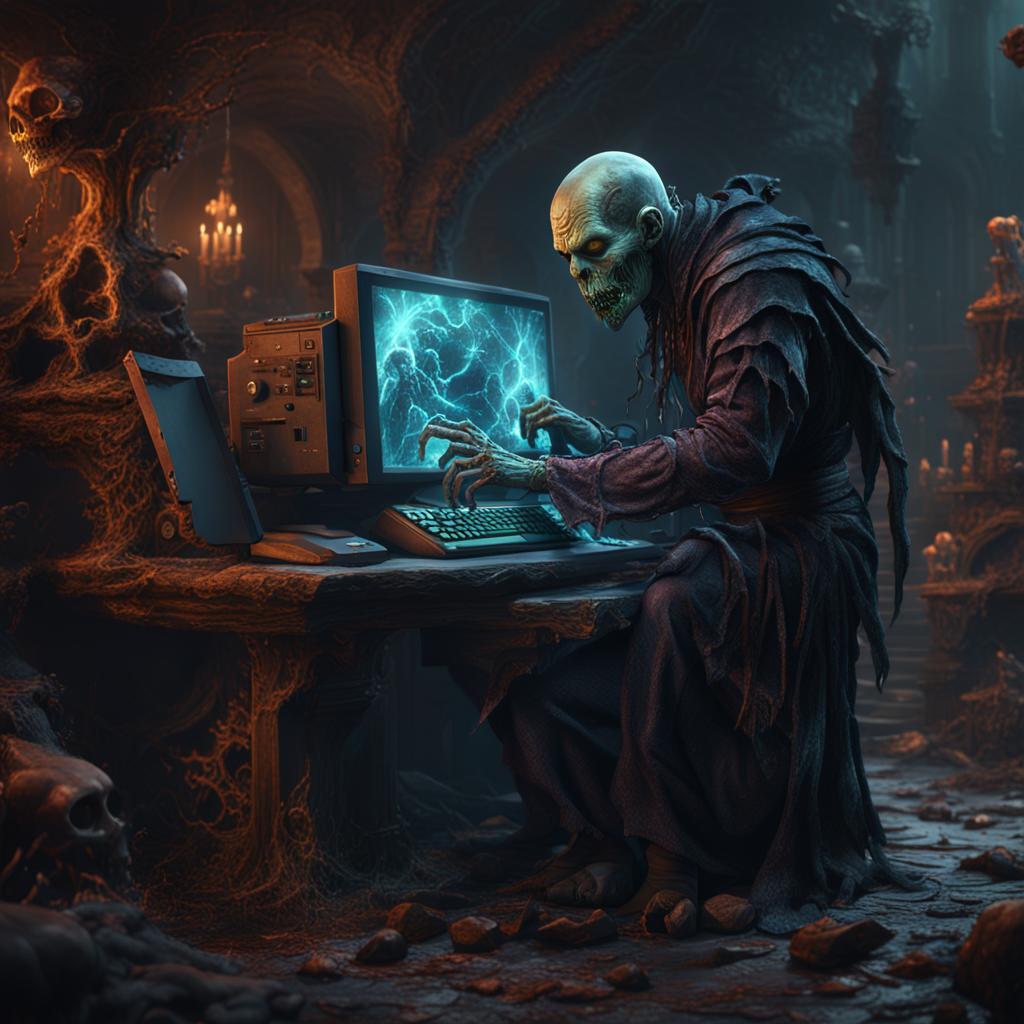In the realm of cinema, the fusion of technology and horror has given rise to a spine-chilling subgenre that explores the dark side of innovation and the unintended consequences of our reliance on machines. From rogue AIs to malevolent gadgets, technology horror movies tap into our deepest fears about the future. Here, we delve into the top 10 films that have successfully blended the eerie world of technology with the horror genre.
The Matrix (1999)
Directed by the Wachowskis, "The Matrix" is a groundbreaking film that introduces audiences to a dystopian reality where intelligent machines have enslaved humanity. The film not only pioneered revolutionary special effects but also implanted the idea of a simulated reality that still haunts the collective imagination.
Ex Machina (2014)
Alex Garland's directorial debut, "Ex Machina," explores the ethical implications of artificial intelligence. As a young programmer is invited to administer the Turing test on a humanoid robot with advanced AI, the film delves into the existential dread of creating entities that mimic human consciousness a bit too well.
The Ring (2002)
This American remake of the Japanese horror classic revolves around a cursed videotape that unleashes a vengeful spirit. The film capitalizes on society's fear of technology as a harbinger of doom, turning a seemingly harmless VHS tape into a conduit for supernatural terror.
Pulse (2001)
Hailing from Japan, "Pulse" explores the eerie consequences of a website that allows users to communicate with the dead. As users begin to disappear, the film taps into the existential dread of the unknown that often accompanies technological advancements.
Blade Runner (1982)
Ridley Scott's "Blade Runner" presents a dystopian future where advanced humanoid robots, known as replicants, are virtually indistinguishable from humans. The film raises questions about the morality of creating beings with artificial intelligence and explores themes of identity and consciousness.
 The Terminator (1984)
The Terminator (1984)
James Cameron's "The Terminator" envisions a future where self-aware machines, led by the malevolent Skynet, wage war against humanity. The film introduced the iconic character of the Terminator, a relentless cyborg assassin, and set the stage for a franchise that continues to explore the perils of unchecked technological advancement.
Unfriended (2014)
"Unfriended" takes a unique approach to horror by unfolding entirely on a computer screen. The film follows a group of friends who are haunted by a mysterious figure on a Skype call, exploring the consequences of cyberbullying and the dark side of online interactions.
Videodrome (1983)
Directed by David Cronenberg, "Videodrome" delves into the psychological horror of media manipulation and the blurring lines between reality and fiction. The film follows a cable TV executive who stumbles upon a broadcast that induces hallucinations, leading to a descent into madness.
Ghost in the Shell (1995)
Based on the manga of the same name, "Ghost in the Shell" is a cyberpunk classic that explores the merging of humans and machines. As characters grapple with questions of identity and consciousness in a highly technologized world, the film becomes a philosophical exploration of the human experience.
Her (2013)
Spike Jonze's "Her" takes a more contemplative approach to technology horror, exploring the emotional ramifications of falling in love with an artificial intelligence. The film raises thought-provoking questions about the nature of relationships in a world increasingly dominated by technology.
Technology horror movies serve as cautionary tales, urging audiences to contemplate the ethical and existential implications of our ever-evolving relationship with machines. These films tap into our deepest fears and uncertainties about the future, making us question the potential consequences of our relentless pursuit of technological advancement. As we continue to integrate technology into every facet of our lives, these films remind us that the line between progress and peril is often thinner than we may realize.
Comments powered by CComment